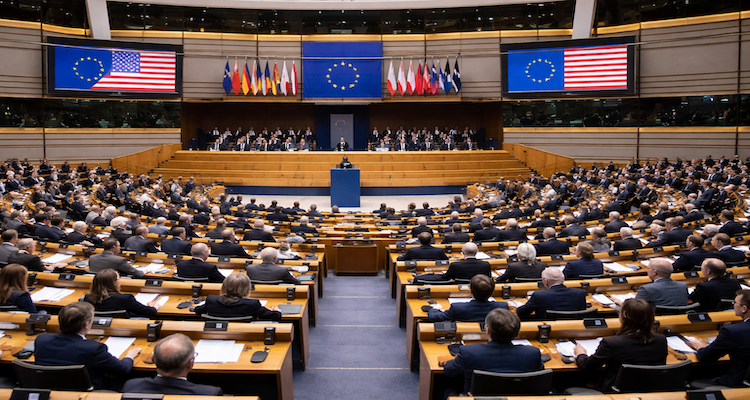Are We the Last Generation to Remember Privacy?

As digital surveillance, AI, and data tracking rise, are we the last generation to truly know what privacy feels like? A look at its erosion and future.
Introduction: The Vanishing Quiet of Privacy
There was a time when closing your front door meant shutting out the world. Conversations stayed between friends, letters remained sealed, and childhood memories weren’t uploaded for strangers to scroll through. But today, privacy feels less like a right and more like a fading relic. With smartphones in every pocket, smart speakers in our homes, and biometric data scanned daily, a profound question looms: Are we the last generation to remember what privacy really was?
Context & Background: How Privacy Became Fragile
The concept of privacy has always evolved with technology. In the 20th century, concerns revolved around government surveillance and wiretapping. The 21st century introduced a more subtle erosion: corporations began collecting data at scale, often disguised as convenience.
From the rise of social media in the early 2000s to the explosion of AI-driven apps today, data trails have grown unavoidable. Every search, purchase, and click is recorded, stored, and analyzed. Unlike earlier generations, today’s children are born into a world where their personal information may be collected before they can even walk.
Main Developments: A Life on Display
Three forces are accelerating the decline of privacy:
- Digital Surveillance: Governments worldwide are expanding surveillance infrastructure—CCTV, facial recognition, and predictive policing systems—often justified in the name of security.
- Corporate Data Harvesting: Tech giants track behaviors across platforms, turning personal information into a trillion-dollar industry. Your likes, habits, and even emotions are commodities sold to advertisers.
- Cultural Shifts: Younger generations share openly on platforms like TikTok and Instagram. What was once considered personal—family events, relationships, even health struggles—is now public content. Privacy is not just eroded; it’s being voluntarily surrendered.
Expert Insight & Public Reaction
Digital rights advocate Shoshana Zuboff, author of The Age of Surveillance Capitalism, argues that tech companies have turned human experience itself into raw material for profit. “What was once private is now a source of behavioral data,” she notes.
Meanwhile, public opinion is split. Some worry about the risks of constant monitoring, while others accept it as the price of modern convenience. As one cybersecurity analyst put it: “For many, the trade-off between privacy and ease is invisible—until it’s too late.”
Impact & Implications: The Future of Privacy
If current trends continue, privacy may become a luxury rather than a norm. Consider these emerging realities:
- Children Without Privacy: Future adults may never know life without digital records. Their medical, educational, and even emotional data could be tracked from birth.
- AI’s Role: With artificial intelligence predicting behaviors from subtle cues, privacy breaches won’t just be about what we say or do, but what algorithms think we will do.
- Social Impact: Without privacy, freedom of thought and expression may weaken. People may self-censor in fear of surveillance, reshaping culture and democracy itself.
But there’s still hope. Growing global conversations about data rights, stricter regulations like the EU’s GDPR, and movements toward decentralized technology hint at a possible pushback. The next decade will decide whether privacy can be reclaimed or if it becomes a memory passed down like folklore.
Conclusion: A Memory at Risk
We may indeed be the last generation to truly remember privacy—not just as a legal concept but as a lived experience. To future generations, it might sound as foreign as payphones or handwritten letters. Whether privacy vanishes entirely or evolves into new protections depends on the choices we make today: demanding accountability, redefining digital rights, and teaching the value of personal space in a hyperconnected world.
The question is not just whether we’ll remember privacy, but whether we’ll fight for it.
Disclaimer :This article is for informational and educational purposes only. It does not provide legal or professional advice.










